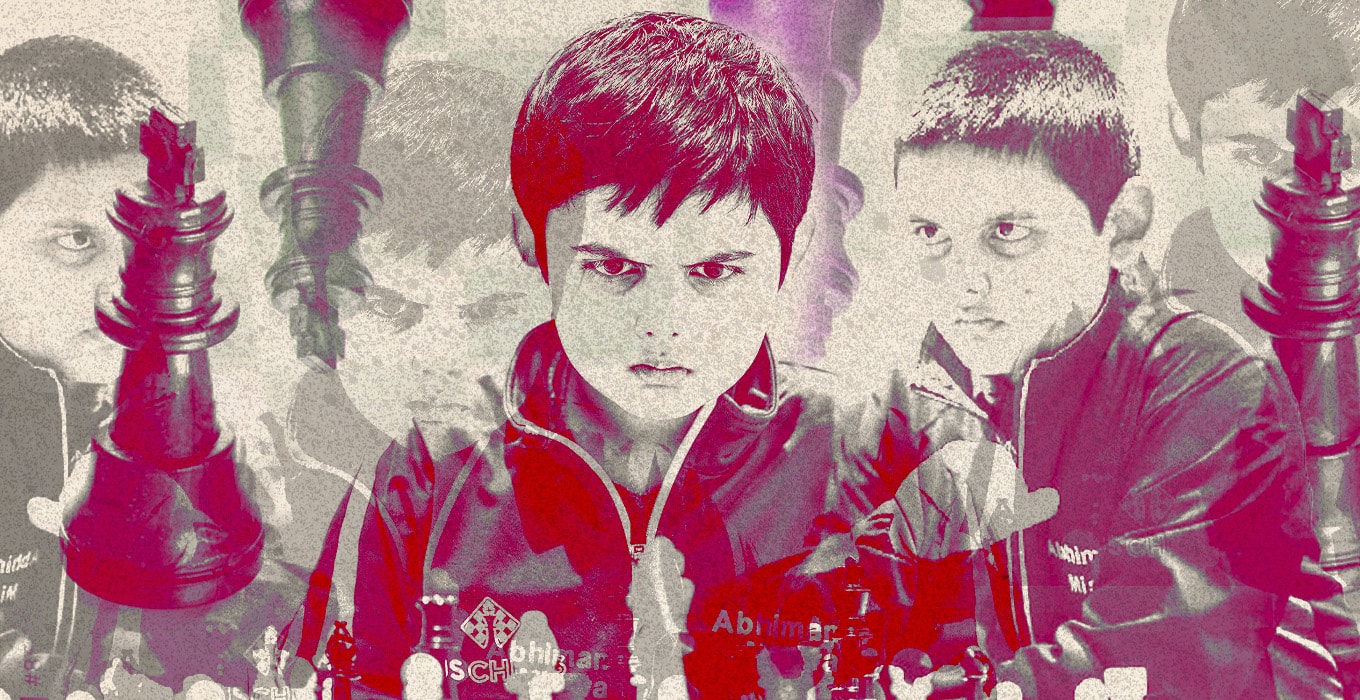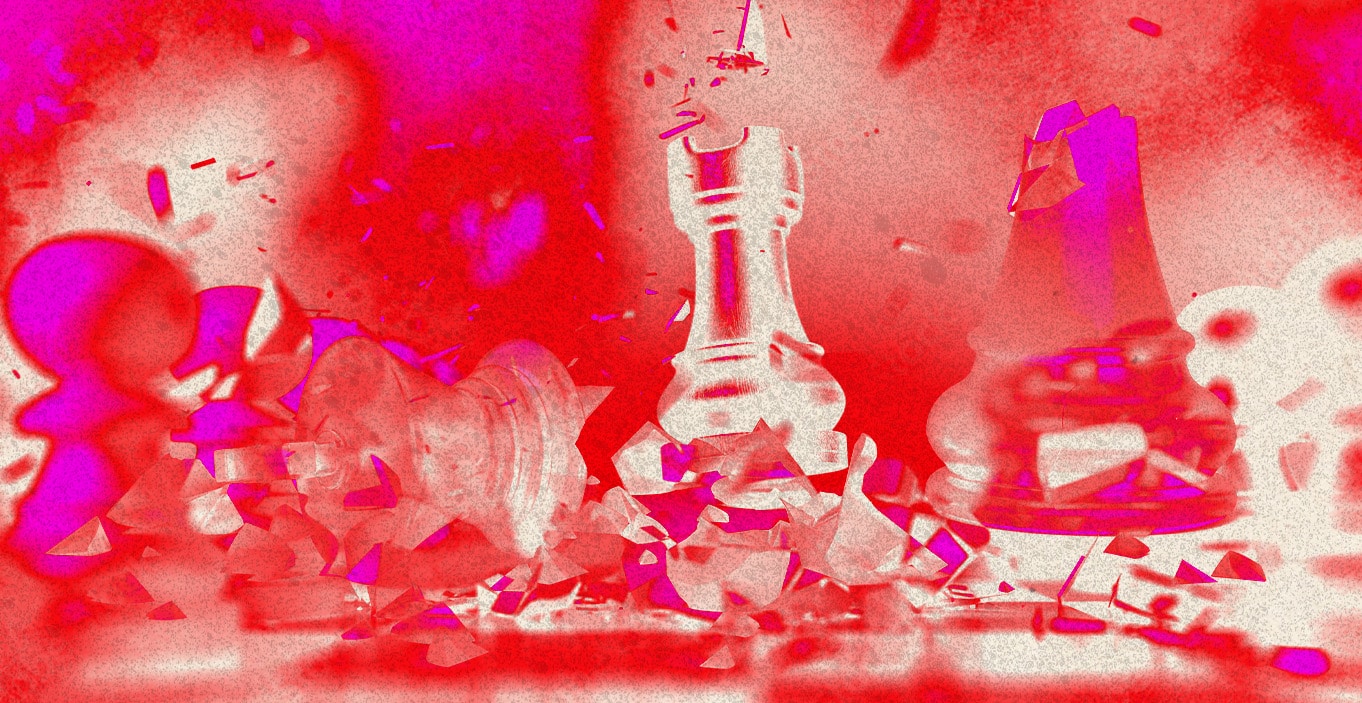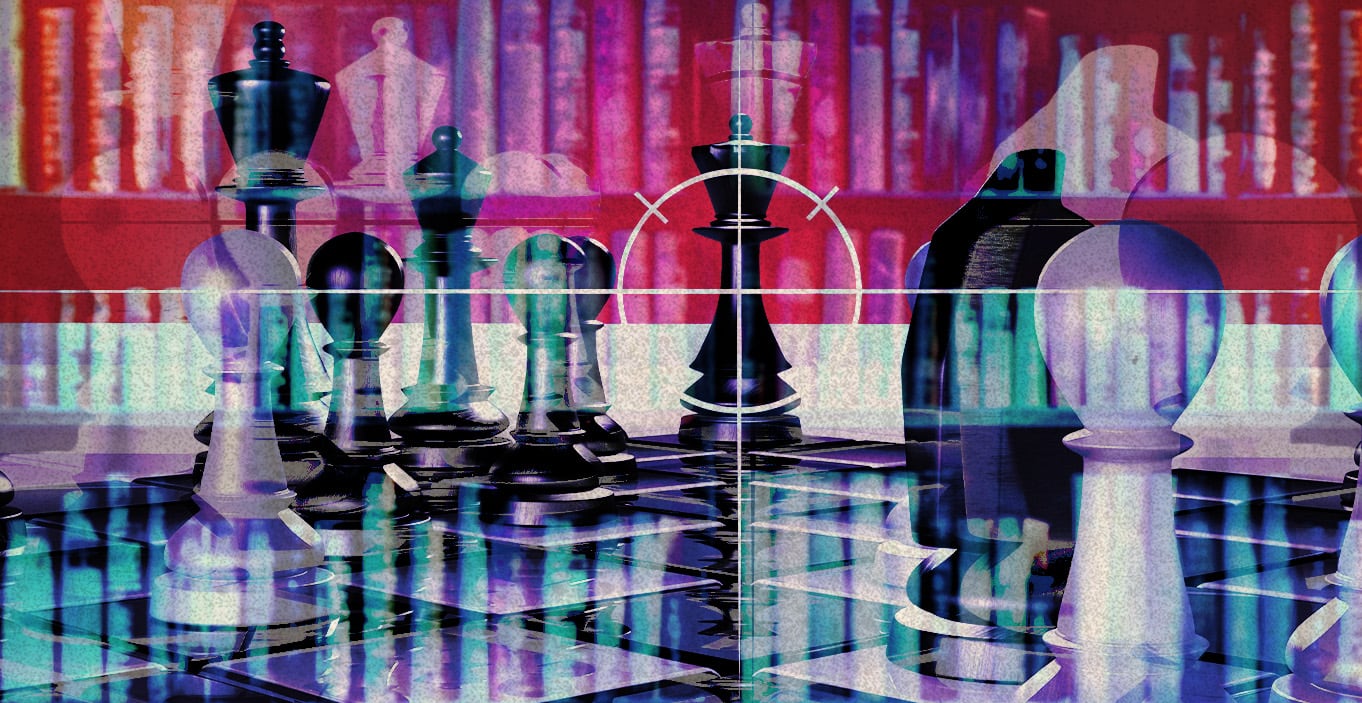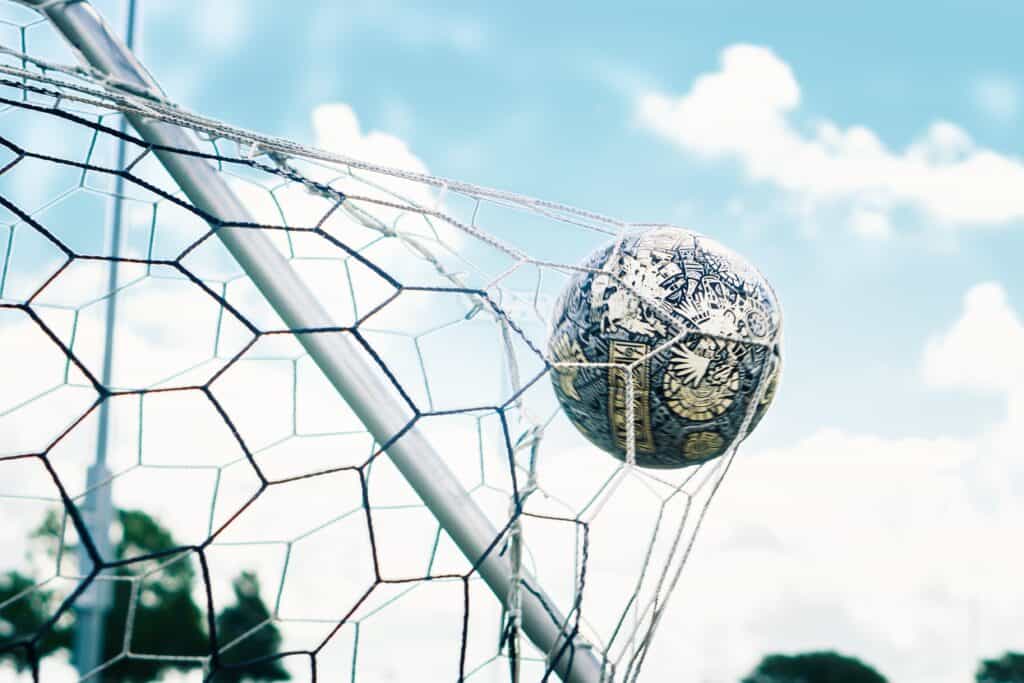
Which Beautiful Game, Exactly?
At the time of writing this post, every participating country in the UEFA European Football Championships has played at least one group game, though the ultimate destination of this tournament’s title is known only to clairvoyant crabs, cats or pigs, or to Geller (that’s Uri, not Efim Petrovich, who is watching from another place). I am hoping to watch the Final in a COVID-secure environment en vacance in France. I wouldn’t be surprised to see France involved in the final (again), though I still harbour a forlorn hope that England will be making their first appearance in a major final since 1966. I’m a patient rationalist, and I believe in time and probabilities. Like the proverbial monkey randomly tapping out the complete works of Shakespeare on a typewriter, the wait for another England footballing (or Eurovision) triumph will probably take as long.
So as I await the more immediate prospect of England’s next game, against the auld enemy, Scotland, I feel inspired to post a few reflective links between the Euros and chess, and the science that might underpin these.
Link # 1: Preparation is Important
All the countries taking part in the Euros have been preparing for years. Literally. Some of this preparation has been done in the cruel forge of competitive play – in the qualification rounds of course but also in many seasons of club games by the constituent parts, the players. Some of it has been done in secret, in the covid- and rival-secure bubbles of training camps. But every team and every player has had to learn how to cope with glorious victories and savage defeats, and to learn from both these experiences (not just the defeats, as in the attractive but flawed dictum, ‘You either win or you learn’). In the now clichéd but still research-evidenced words of the scientist and all round polymath, Benjamin Franklin, by failing to prepare you are preparing to fail.
We know from the many hundreds of studies in the field of developing expertise (led and inspired by the late, great K. Anders Ericsson, but drawing originally on those deeply influential researchers of chess development, de Groot and Simon & Chase) that experience itself is a poor predictor of objective performance. On the contrary, some studies have even found that mere experience can lead to impaired performance (e.g. Choudhry et al, 2005; Ericsson et al, 2007). So preparation doesn’t simply mean ‘more of the same’ (fitness training, drills, game time, etc), it means using all the above mindfully, attending to weaknesses, responding to effective feedback, and making targeted, effortful and not necessarily enjoyable moves towards progress. Deliberate, purposeful practice, if you will. That old warhorse and famously humble legend of the game, Cristiano Ronaldo, knows this only too well, and he has consciously (and metacognitively) evolved his preparation to match his advancing years, and to evident effect. What was good for the young Ronaldo isn’t necessarily relevant to late-stage Ronaldo, and some could even be harmful.
Which leads me to…
Link # 2: Talent Isn’t Born Fully Formed
It’s grown, incrementally over time. Just as even great chessplayers can make for poor soothsayers (did Botvinnik regret opining of the 12-year-old Karpov that “The boy has no clue about chess, and there’s no future at all for him in this profession”?), most great footballers weren’t picked out early for stardom. Some even struggled in their early years, and had their futures in the game questioned, like the celebrated strikers Robert Lewandowski of Poland or Harry Kane of England. Kane’s childhood coach, David Bricknell: “If you’d have said to me at 11 or even 14, would he go on to have a career in football, I probably would have said, ‘I doubt it.’”
Old pros like Gary Neville remember Ronaldo from his early association with Manchester United as being an unremarkable unfinished article, with many weaknesses. It’s the years of immersion in the pressured seams of deliberate practice that create the diamond. Not all of us can withstand the pressure of course, and great ‘natural talent’ has no known prophylactic effect: how many equally or more talented Lewandowskis, Kanes or Ronaldos got out early and have been long forgotten?
Look out for a future Chessable blog post by the eminent chess researchers Merim Bilalic, Roland Grabner, and Nemanja Vaci, whose current research into the roles of intelligence and effort during the development of chess skill, alongside other relevant factors such as emotion, motivation, and personality, we will be supporting. And of course the work of Ericsson et al and that of the developmental psychologist Carol Dweck of Stanford University speaks powerfully to the role that deliberate practice and mindset plays in talent creation, both for individuals and for social structures, like teams.
Which leads me to…
Link # 3: It’s a Team Game
In football, obviously, where the Euros have historically provided the clearest evidence that the spoils fall not only to the team assembling the greatest number of galacticos, but also to the teams of relatively unheralded players that work most cohesively and effectively together – think Denmark 1992 or Greece 2004. Do teams suffer from bringing too much talent together? No England manager found a way to get the prodigiously talented midfielders Steven Gerrard and Frank Lampard to play well together after all, and many tried. And England’s ‘golden generation’ in the years either side of the turn of the century failed to bring home the silverware.
There has been an interesting recent scientific debate between those who suggest that too much talent can impact adversely on team performance (e.g. Swaab et al, 2014: The too-much-talent effect: Team interdependence determines when more talent is too much or not enough), and rejoinders by researchers who have failed to find evidence of the negative effects of too much talent (Gula, Vaci, Alexandrowicz and Bilalic, 2021: Never Too Much—The Benefit of Talent to Team Performance in the National Basketball Association: Comment on Swaab, Schaerer, Anicich, Ronay, and Galinsky (2014) – though even these researchers found that the gradient of benefits falls away. But what is apparent is that when galacticos team up effectively, they can be unstoppable – think Spain in 2008 or 2012.
But teamwork matters in chess too, and not just in the club, regional or national team leagues. Grandmaster Peter Wells and I discuss the paradoxically social nature of chess in some detail in chapter 7 of our book, but let’s here briefly consider the concept and practice of ‘reciprocal teaching’, and its strong effect on learning outcomes. Reciprocal teaching was conceived as a strategy to teach cognitive skills like summarizing, clarifying, questioning, evaluating and predicting, “… supported through dialogue between teacher and students as they attempt to gain meaning …” and its influence on achievement is very high (d = 0.74 in the Hattie meta-review analyses). It’s not something that can easily be done alone – at least not without access to extraordinary metacognitive awareness and tools, which can take years to develop.
Peers can play the role of teacher too, to great effect, especially when the intention is to teach students to become their own teachers. Hattie’s summary of the research data is clear: “Reviews of tutoring literature have shown that peer tutoring has many academic and social benefits for both those tutoring and those being tutored” (Visible Learning, pp186-7). These processes are all apparent in high-quality player-second/s relationships of course, but also lower down the chess food chain in player-coach relationships, and in CoChess interactions and Chessable classrooms.
Which leads me to…
Link # 4: Play Trumps Performance, and Precedes It
Years ago people used to play a culturally questionable game in which you’re asked to name “Famous Belgians” (Canadians is a variant). It was usually a short game, concluding with just one candidate, the fictional Hercule Poirot. That reflected our cultural and historical ignorance of course, but it’s a time-filler that takes football aficionados into the small hours nowadays, as great Belgian footballers are legion across all the major football leagues. Belgium and France are the top ranked team at the Euros this year, and little Belgium has consistently been at or near the top of the FIFA world rankings for some time, as our likeable Chessable colleague Laurens Goormachtigh is wont to remind us.
Just how has a country the size of Lesotho managed to produce so many outstanding footballers in recent years? There’s a PhD thesis in there (in fact, several), and it started with a piece of research too: two decades ago, following disappointing failures in the World Cup of 1998 and the Euros of 2000, a specially-commissioned piece of research led by Prof Werner Helsen concluded that in youth football in the country “… there was far too much emphasis on winning and not enough on development.”
Under the direction of Michel Sablon, major structural changes were implemented at all levels of the game, and players’ skills development was prioritized above immediate results: “I asked the clubs not to put up rankings. Rankings is the wrong way. Make the development of your players the first objective.” He recalled later that “It wasn’t easy. In the beginning it was terrible. But eventually they began to see it. They went with us because they saw that what we told them worked. It made players better.”
Please note, over time the rankings have looked after themselves. It’s what happens when footballers, chessplayers, and participants in any skills-based domain keep the faith and prioritise improvement and the mastery of new skills over a short-term obsession with results. The Belgian football experience again: “The winning mentality is the paramount criterion—does the player have the attitude to improve?” says Abrams [who coached Belgium’s U17 team for the best part of a decade]. “A player can be outrageously talented, but he won’t make it to the elite without that characteristic. He may not even be the best player of the team. It’s all about the potential and long term, not the match performance.”
Which finally leads me to…
Link # 5: It’s About Perspective
A legendary former manager of Liverpool FC once famously quipped that football isn’t a matter of life and death – it’s much more important than that. As another famous Eriksen (Christian, this time) has recently shown us, Bill Shankly was wrong. It isn’t. When we put chess above some other priorities in our lives, we risk making the same mistake.
Chess improvement can be fun, and efficient, and Chessable sets out to make both so. It teaches us the value of preparation, certainly, and the fact that talent is grown, not born. We learn the power of learning alongside others, and sharing thoughts with other course users. We learn that focusing on the learning (small incremental gains of skill development) leads ultimately to performance, but there is a sequence here and it doesn’t reverse engineer: a focus on performance can delay learning, through fear of failure, frustration at the slow rates of progress, etc. We can learn all these things and more, but in the end, some things matter more. We do well to learn that too.
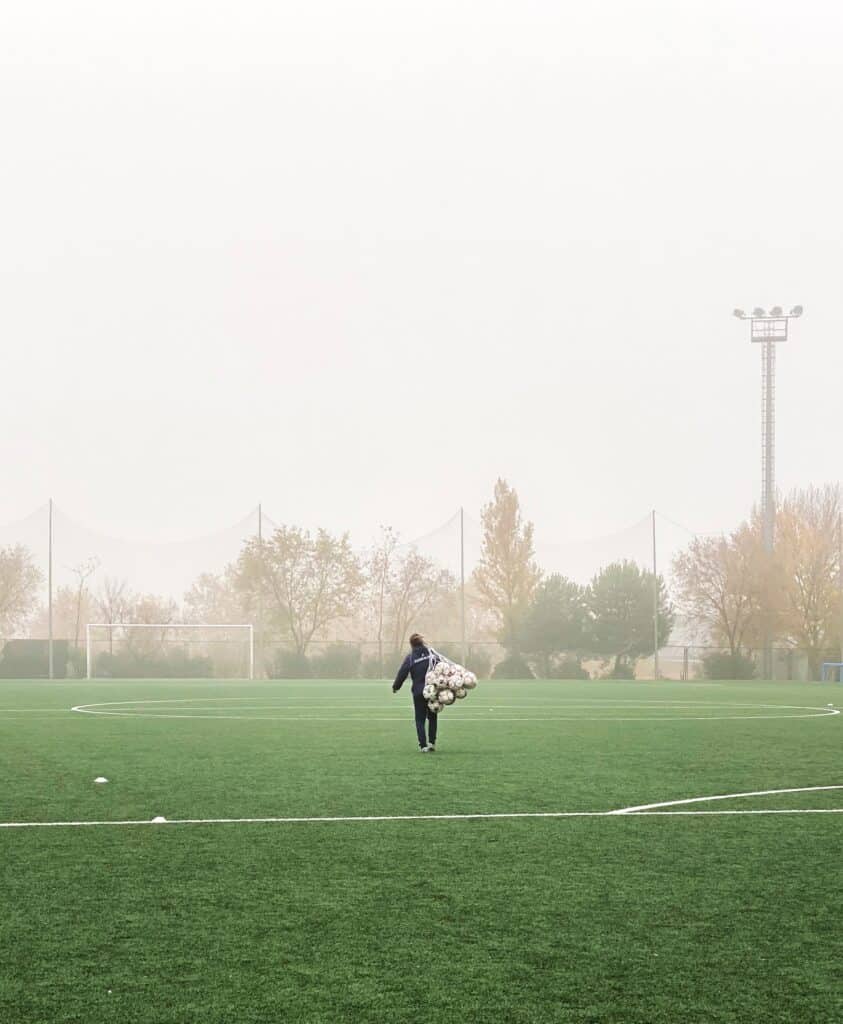
Feedback is Welcome
As always, I welcome feedback to [email protected].



